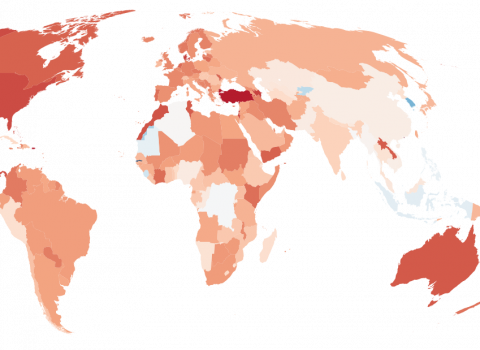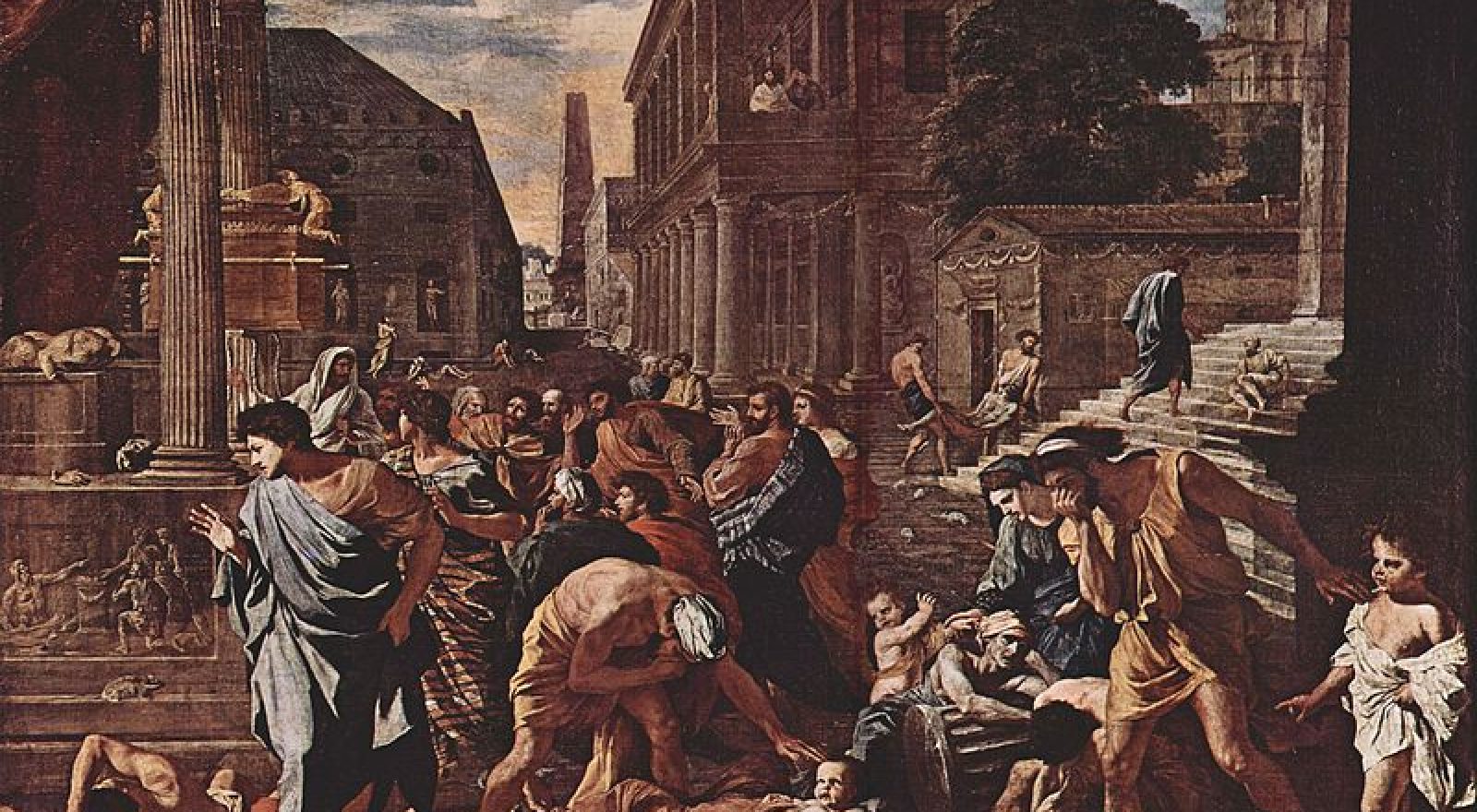
Of plague and passion
Together with Enrico Piergiacomi, we reconstruct a history of the relationship between emotion and reaction to epidemics / pandemics
The Of Plague and Passion project intends to present a study on how human beings have reacted in terms of emotions to epidemics or pandemics, as shown in literature, philosophy and history works that go from ancient times to today.
Among the most representative authors, we can remember above all Lucretius, who in the final verses of book VI of De rerum natura rewrites the episode of the plague of Athens told by Thucydides and analyzes in detail the passions of the infected, that is, “the conscience of the soul dimmed by sadness and fear».
And then Virgil, Boccaccio, Ficino, Machiavelli, Fracastoro, Defoe, Manzoni, Poe, Artaud, Camus and other personalities who have explored the pandemic/epidemic phenomenon, underlining some typical reactions of our species in the face of the danger of contagion, for example anger, frustration, fear, indifference, violence and fatalism. The history of epidemiology, thus, coincides with a historiography and theory of passions.
There are two reasons behind this research:
- The first one is connected to the present of the Coronavirus emergency.
If we focus on the typical behaviors people show in the face of the risk of contagion, we can historically note that hazads that seem new and impossible to cope with to us now, have instead already been overcome/problematized. This would allow us to put our current distress into perspective in order to better cope with it, learning from the mistakes and from the solutions offered in the past. - The second reason is directed towards the future.
When the emergency has subsided and we have returned to normal routines, this historical investigation would still retain its meaning, since it will show something more about human nature and the passions that we are inclined to show in the face of the epidemic/pandemic risk. In other words, it means that we may have taken a small step forward to understand who we are and how we act. If we know the reasons and hidden causes of our emotional reactions to epidemics or pandemics, we will perhaps be able to know ourselves better.
The project is open to contributions from scholars but also from enthusiasts and curious people. These can both offer reflections on the topic, as well as suggestions for reading and in-depth exploration. Make your contibution: please leave a comment or suggestion in the form below.
Pursuant to art. 13 of EU Regulation No. 2016/679 (GDPR), the personal data provided through this form shall be processed for colecting suggestions through manual, electronic and informatic means and will be guaranteed within privacy and security standards. The full Privacy Policy is available at the following link: https://www.fbk.eu/en/privacy-cookies-policy/
We thank in advance all of you who will share with us some of their time, passion and skills. The deadline is April 30, 2020.
“To aim, in diseases, at two targets, to benefit and not to be harmful. Art has three moments, the disease, the sick and the doctor. The doctor is the minister of the art: the patient must oppose the illness with the doctor.” (Hippocrates, Epidemics)
Cover: Nicolas Poussin, 1631 – La Peste à Ashdod (Louvre)



